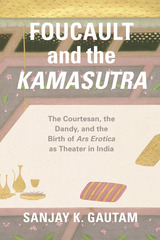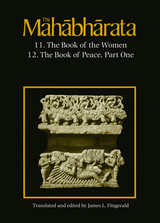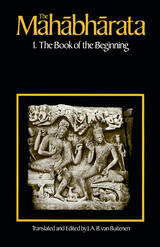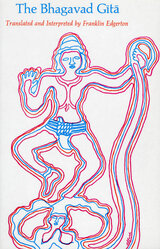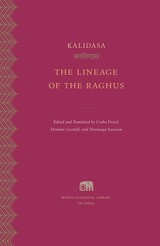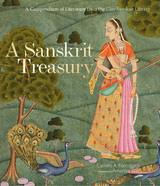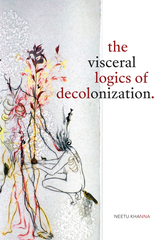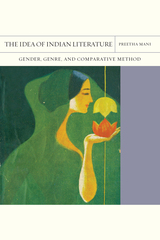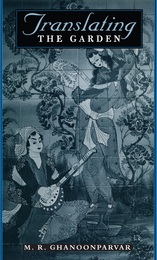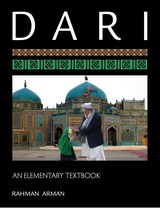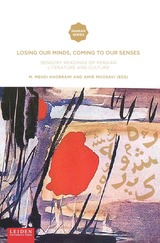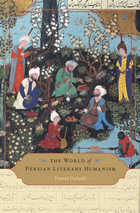Cloth: 978-0-674-66039-7
Library of Congress Classification PK3798.M215S513 2017
Dewey Decimal Classification 891.21
A canonical great poem, or mahākāvya, of the Sanskrit canon, depicting a well-known episode from the Mahābhārata.
Magha’s The Killing of Shishupala, written in the seventh century, is a celebrated example of the Sanskrit genre known as mahākāvya, or great poem. This adaptation from the epic Mahābhārata tells the story of Shishupala, who disrupts Yudhishthira’s coronation by refusing to honor Krishna, the king’s principal ally and a manifestation of divinity. When Shishupala challenges Krishna to combat, he is immediately beheaded.
Magha, who was likely a court poet in western India, draws on the rich stylistic resources of Sanskrit poetry to imbue his work with unparalleled sophistication. He expands the narrative’s cosmic implications through elaborate depictions of the natural world and intense erotic sensuality, mixing myth and classical erudition with scenes of political debate and battlefield slaughter. Krishna is variously portrayed as refined prince, formidable warrior, and incarnation of the god Vishnu protecting the world from demonic threat.
With this translation of The Killing of Shishupala, presented alongside the original text in the Devanagari script, English readers for the first time gain access to a masterwork that has dazzled Indian audiences for a thousand years.
See other books on: Death | Early works to 1800 | Killing | Krishna (Hindu deity) | South
See other titles from Harvard University Press


